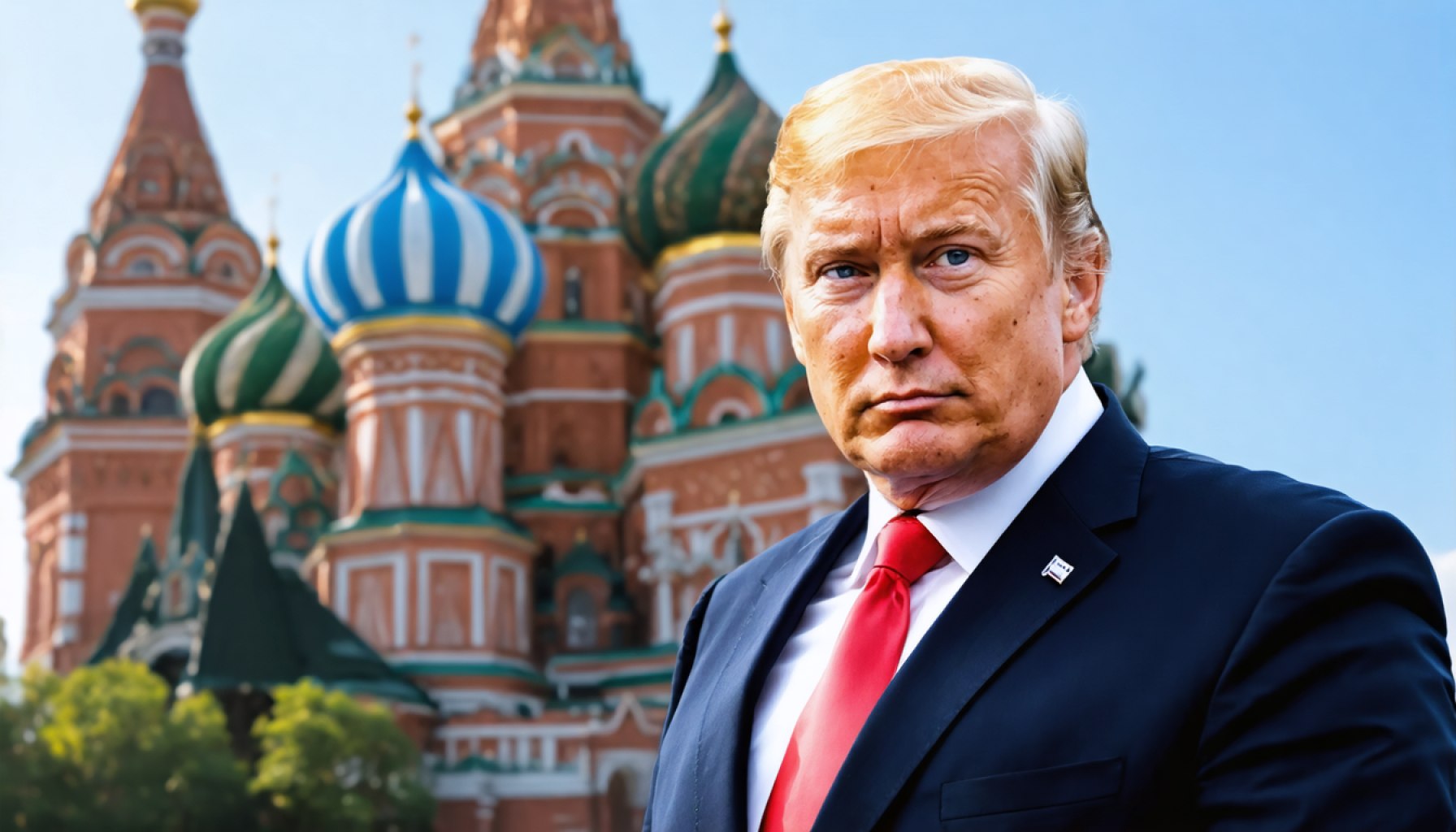- The Russian government is set to introduce legislation to define cryptocurrency within its criminal code, enhancing digital asset regulation.
- The proposed bill aims to clarify legal ambiguities in handling cryptocurrencies during criminal investigations.
- Currently, Russian law lacks explicit cryptocurrency definitions, complicating efforts by law enforcement in related cases.
- Vladimir Gruzdev highlights the challenges in seizing cryptocurrencies, particularly those stored online.
- This legislation proposes to grant cryptocurrencies a legal status similar to tangible assets, streamlining confiscation processes.
- The initiative aligns Russia with global efforts to regulate digital finance amid technological advancements.
- As this bill unfolds, its impact on international regulatory approaches remains under observation.
In one of the world’s most complex legal landscapes, the Russian government is preparing to formalize its approach to cryptocurrency with an ambitious legislative proposal. This development promises to reshape how Russian authorities handle digital assets during criminal investigations, signaling Moscow’s intent to bring order to the digital frontier.
Painted against the austere backdrop of the Ministry of Justice in Moscow, the proposed bill seeks to embed cryptocurrency and related terms into the country’s criminal code. The Russian government, notorious for its rigorous control over financial flows, now appears poised to embrace the digital revolution, albeit through tighter regulation.
Currently, the Russian Criminal Code lacks explicit definitions for cryptocurrency, leaving law enforcement in a legal limbo. Despite crypto’s growing presence, prosecutors and police officers find themselves wrestling with ambiguity, complicating their efforts in cases where digital assets play a pivotal role. This bill, pending approval from the State Duma, aims to clarify these murky waters.
Vladimir Gruzdev, who leads the Association of Lawyers of Russia, illuminates the current chaos. He portrays the process of seizing cryptocurrencies as perilous, navigating a terrain riddled with technical and legal pitfalls. While physical hardware wallets can be physically confiscated, digital assets stored online present a far greater challenge. Officers must rely on specialists to safely handle these assets, ensuring they are transferred to secure address identifiers.
Under the looming influence of this new legislation, cryptocurrencies could soon have a clearly defined legal status akin to tangible assets in traditional financial cases. This change would facilitate smoother confiscation processes, enabling authorities to pursue cases more effectively where cryptocurrencies are involved.
Yet, the proposed legislation also reflects a bigger picture. Russia’s initiative mirrors global trends, where nations grapple with the balance between encouraging financial innovation and maintaining control over the shadowy corners of cryptocurrencies. As digital assets become increasingly mainstream, the laws governing them inevitably evolve, attempting to keep pace with rapid technological changes.
The takeaway here is stark: Russia is on the verge of a legal metamorphosis, aiming to demystify the legal status of cryptocurrencies and enhance law enforcement capabilities. This landmark bill signifies more than just regulatory refinement; it is a decisive step towards domestically integrating cryptocurrency into Russia’s vast legal framework. As the curtain rises on this legislative saga, the world watches closely, anticipating how this move could influence regulatory approaches worldwide.
Russia’s Bold Move to Define Cryptocurrency: What This Means for the Global Market
Introduction: Understanding Russia’s New Cryptocurrency Legislation
The impending introduction of a comprehensive cryptocurrency legislation in Russia marks a significant shift in how digital assets will be regulated within the Russian legal system. This proposal is not merely about codifying the legal status of cryptocurrency but represents a broader strategy to integrate and regulate digital assets, aligning with global trends and responding to the challenges presented by the swiftly evolving digital economy.
Distinct Features of the Proposed Legislation
1. Defining Cryptocurrency in Legal Terms: The legislation aims to define cryptocurrency alongside traditional financial assets within legal frameworks. This would provide clarity and reduce ambiguity in legal proceedings, especially concerning the seizure and administration of digital assets.
2. Streamlining Confiscation Processes: By equating cryptocurrencies to physical assets, the bill will simplify the process for law enforcement agencies to confiscate digital assets during criminal investigations, thus overcoming a significant legal hurdle currently faced by authorities.
3. Specialist Involvement in Asset Management: The proposal underscores the necessity of involving technical specialists in handling digital assets. This measure ensures secure transfer and management of assets seized during criminal investigations, minimizing the risk of loss or theft.
Real-World Implications and Use Cases
– Enhanced Law Enforcement:
Incorporating cryptocurrencies into the criminal code will empower Russian law enforcement agencies to pursue crimes involving digital currencies more effectively. This will improve prosecution rates in cases involving digital fraud and money laundering.
– Impact on Cryptocurrency Markets:
The legislative changes may boost market confidence in Russia, as clearly defined regulations often attract institutional investors wary of ambiguous legal environments.
– International Influence:
Russia’s move is likely to influence regulatory approaches globally, especially in countries currently grappling with the challenge of unregulated cryptocurrency markets.
Controversies and Limitations
– Potential Over-Regulation:
Critics caution that excessive regulation may stifle innovation within Russia’s burgeoning cryptocurrency and blockchain sectors, potentially driving developers and startups to less regulated jurisdictions.
– Balancing Innovation with Security:
Finding the right balance between accommodating financial innovation and ensuring security is crucial. Overemphasis on security may limit the potential benefits associated with digital currencies and decentralized finance.
Industry Trends and Predictions
– Global Regulatory Trends:
As digital currencies increasingly integrate into global financial systems, countries worldwide are adopting more nuanced regulatory frameworks. Russia’s proposal is a reflection of this global movement towards comprehensive digital asset regulation.
– Blockchain Technology Adoption:
The legislation may signal increased governmental support for blockchain technology, potentially paving the way for its broader application in government and business sectors within Russia.
Practical Recommendations for Stakeholders
– For Investors:
Stay informed about the specifics of the new legislation to understand how it will impact cryptocurrency investments and compliance requirements.
– For Policymakers:
Consider the long-term implications of cryptocurrency regulation by observing the Russian model, adapting similar frameworks while ensuring they facilitate innovation.
– For Law Enforcement Agencies:
Invest in training and develop partnerships with technical experts to enhance the capacity to manage cryptocurrency-related cases effectively.
For further detail on the latest developments in global cryptocurrency legislation, visit the Reuters.











